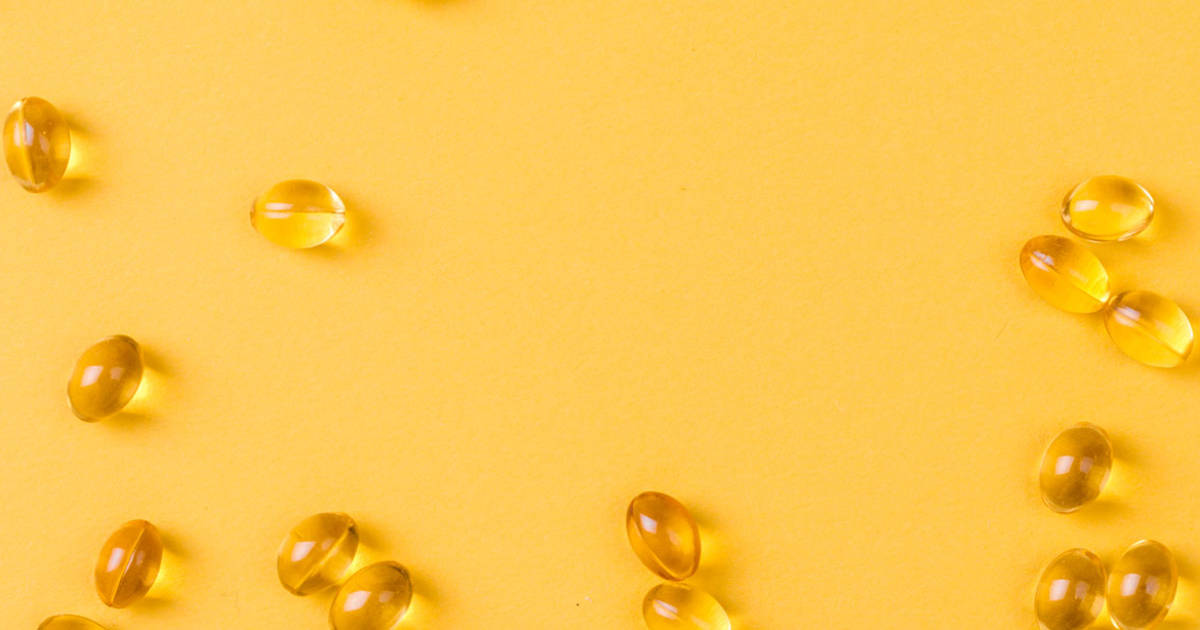our Immune system It's one of our greatest allies in suppressing the development of cancer in our bodies, but it often needs a little push. One way to do this is to use a class of medications called Checkpoint inhibitors. These medications open up certain immune cells called Killer T cells – Who are trying to kill Cancer cells. It can definitely be a very effective treatment Skin, lung and kidney cancersBut unfortunately It does not work in all patients.
Series of Studies published in 2018 Prove that Microbiome of patients may be related to the results. People who respond or do not respond to treatment with their checkpoint inhibitors Differences in bacteria normally found in the intestines. In 2021, Two studies It was found that the transfer of microbes from the feces of people who reaction To treat the intestines for those who They didn't react maybe Enhancing therapeutic benefits In these latter patients.
Now, an unexpected result has been discovered in mouse studies published in a journal April 25 from the magazine SciencesHe suggests another factor that could explain why people react differently to cancer treatment: Vitamin D level in intestinal tissue It can promote the presence and growth of certain bacteria that stimulate T cells to attack cancer.
Vitamin D, which we can get through us Diet – Eating foods such as fatty fish or egg yolks – or producing from them Skin exposure to Sun lightIt plays an essential role in our metabolism and the health of our bones, muscles, nerves and immune system. There was also evidence that he could play a role Preventive role in cancerDespite this, the new findings in mice came as a surprise.
Testing whether the same mechanisms work in humans will require more careful studies, he says. Cayetano Reyes y Souzaan immunologist at the Francis Crick Institute in London, England, and the study's senior author, but it's a hypothesis worth investigating.
“Vitamin D affects the activity of hundreds of genes, so it's complex,” says Reyes E. Souza. However, in several sets of dates analyzed by Reis e Souza and colleagues, Patients with higher vitamin D activity showed greater chances of survival from various types of cancer and responded better to immunotherapy..
The researchers also found evidence that in Denmark, where the sunlight that helps humans produce vitamin D through the skin is relatively rare, detailed health records reveal that people with vitamin D deficiency were more likely to develop cancer over the next decade. “This is probably an underestimate, because at least some of these people must have decided to make up their mind about this,” says Reyes y Souza. Vitamin D supplements After discovering this deficiency.
This study says it provides another reason to make sure you're producing or consuming enough vitamin D Carsten Carlberga biochemist at the Polish Academy of Sciences in Olsztyn, who has studied the effects of the vitamin for decades and was not involved in a study Sciences. However, he warns against this It is unwise to jump to conclusions about humans based on discoveries made in mice. “Seventy-five million years separate us from mice.”
Interesting note
Reis e Sousa has long been interested Genes that affect the immune system's ability to attack cancer cells. To identify these genes, researchers in his lab are working with mice in which a gene they suspect is involved in promoting or suppressing cancer has been disabled. By transplanting cancer cells into these modified mice, they can track the time it takes for the cells to develop a tumor.
When your colleague Evangelos GiambazouliasRees and Sosa, who now work at the Manchester Institute of Cancer Research in the UK, discovered that disrupting a gene that gives instructions to make a vitamin D-related protein led to reduced cancer cell growth in mice. But the next experience, he says, “is what really caught my attention.” To ensure that the results were not due to some peculiarity of the laboratory environment, Rees and Sosa's team created mice with the disabled gene in the same cage as mice with a fully functional version. To your surprise, His cagemates' tumors also grew more slowly. Why does proximity to a more cancer-resistant animal slow tumor growth in normal mice?
Stool strength
It didn't take Giambazoulias and Reyes e Souza long to remember that Mice eat each other's feces And that something in this feces must have been transferred from the mice with the faulty gene to the normal mice they shared the cage with – this was a possible explanation for what happened.
To test whether the effect had anything to do with the gut microbes living in the genetically modified mice, Rees and Sosa's team Giving antibiotics to mice with active genes. When this caused their resistance to cancer to disappear, as well as their ability to transmit it to their cage mates, it became clear that the intestinal bacteria in the mice's feces were somehow slowing tumor growth. Vitamin D-binding protein preserves most of the… Vitamin D in the blood“This reduces the amount of vitamin D that reaches the tissues, including the tissues lining the intestines,” explains Reyes e Souza.
The higher levels of vitamin D achieved by inactivating the gene encoding the vitamin D-binding protein enhanced the growth and presence of certain bacteria.crisp, Also common in the human colon. Reis e Souza explains that these bacteria can stimulate the immune system.
Deactivate the gene, increase the amount of vitamin D in the diet of the transgenic mice, or add more Bacteroides fragilis To the intestines of rats it had the same effect: presence More T cells attack the tumor and slow its growth. Because of these high levels of vitamin D, the mice also showed A Better response to immunotherapy. “We still don't know how bacteria do it,” says Reyes e Souza. “But the impact is indisputable.”
New treatments
Reis y Souza, who is of Portuguese origin Darker skin means you produce less vitamin D In London, with little sun, he discovered he was suffering from a vitamin deficiency about a decade ago, and has been taking supplements ever since. “As a general rule, if we are diagnosed with vitamin D deficiency, it makes sense to try to correct that,” he says. But this is clearly not based on this study.
People should always do that, he adds Consult your family doctor before taking vitamin supplements – Even if they know they are vitamin D deficient – until the impact of vitamin D supplements on cancer risk and other aspects of human health is better understood. “There may be negative effects that we have not yet discovered, such as increased autoimmune disease.” The researcher also does not advise people to spend a lot of time in the sun in the spring to produce vitamin D. “We do not recommend increased exposure to sunlight, which can also increase the risk of skin cancer, negating any effect. You don't need to sunbathe to get vitamin D. Walking should be enough.
More importantly, Rees and Sosa say, the study could inspire more research into whether vitamin D or vitamin D supplements Bacteroides fragilis It may improve outcomes for cancer patients receiving immunotherapy or other treatments.
Walter WillettChan School of Public Health at Harvard T.H. Chan School of Public Health who was not involved in this study, agrees that the data from Reese and Sosa's new study suggest that Potential benefits of vitamin D in human cancer patients. “This is consistent with some of our findings. We have discovered Reduced risk of colorectal cancer In women with higher levels of vitamin Din the blood. I also participated in a clinical trial that proved this Reduced cancer death rates in people who take vitamin D supplements“.
Willett thinks vitamin D supplements might be a good idea. “It stands to reason that most people who live in northern climates take vitamin D supplements and don't bother to test their vitamin D levels. The best way to do this is to take a multivitamin/mineral supplement that contains 800 or 1,000 IU of vitamin D, which costs Less than 10 cents per day.
Willett adds that it remains to be confirmed whether the benefits of vitamin D in humans are mediated by the microbiome. “This will require new and larger studies, carried out over several years.”
Many doctors are currently Explore ifIt would be beneficial to manipulate the microbiome to improve cancer treatmentsays Reyes E. Souza. “It can be incredibly successful in improving therapeutic outcomes. But it can also be dangerous, especially when people are immunocompromised. We hope that our discoveries will lead to more precise therapeutic applications.”

“Wannabe internet buff. Future teen idol. Hardcore zombie guru. Gamer. Avid creator. Entrepreneur. Bacon ninja.”


